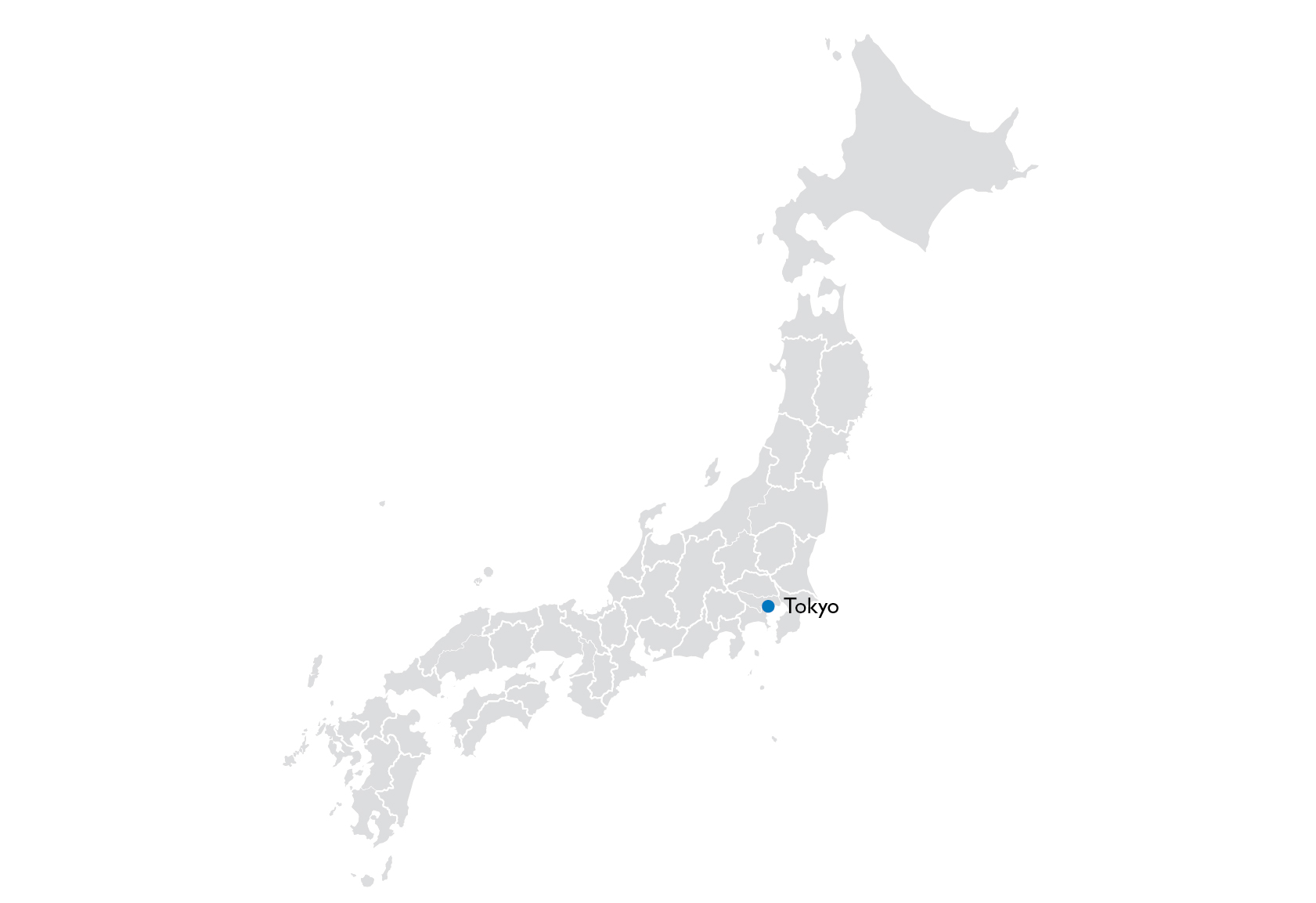Global Product Liability
Product liability claims are generally brought in the district courts in the first instance. Product liability claims are based on tort and the provisions of the Product Liability Law. There is strict liability against manufacturers for personal injury and property damage arising from defective products. Case law has established that manufacturers cannot exclude liability for personal injuries that result from defective products unless the manufacturer can prove certain exemptions, for example, the defect could not have been detected given the state of scientific or technical knowledge at the time when the manufacturers distributed the product.
The amount of damages recoverable is decided on a case-by-case basis. While there is no specific statutory formula for determining damages, in practice reference is often made to the "red book," which quantifies damages recoverable for specific categories of injuries suffered in automobile accidents. Japanese law does not allow punitive damages.
Product liability claims must generally be brought within three years. If an injury is latent and discovered after the fact, the limitation period will begin when the injury is discovered.
Lawyer fees are generally not awarded, except in extraordinary cases.
Although American-style class actions are not permitted under Japanese law, under the Act on Special Measures Concerning Civil Court Proceedings for the Collective Redress for Property Damage Incurred by Consumers, which became effective in October 2016, the Specified Qualified Consumer Organization (the “Organization”) certified by the Prime Minister, may claim certain types of damages, such as damages arising from nonperformance of contractual obligations and warranties against defects, on behalf of the consumers who have authorized the Organization to sue on their behalf. However, please note that the Organization cannot claim for certain types of damages such as lost profits, personal injury damages, and damages for emotional distress.
